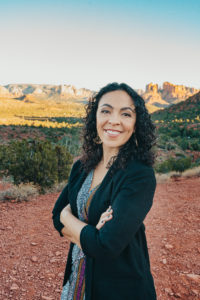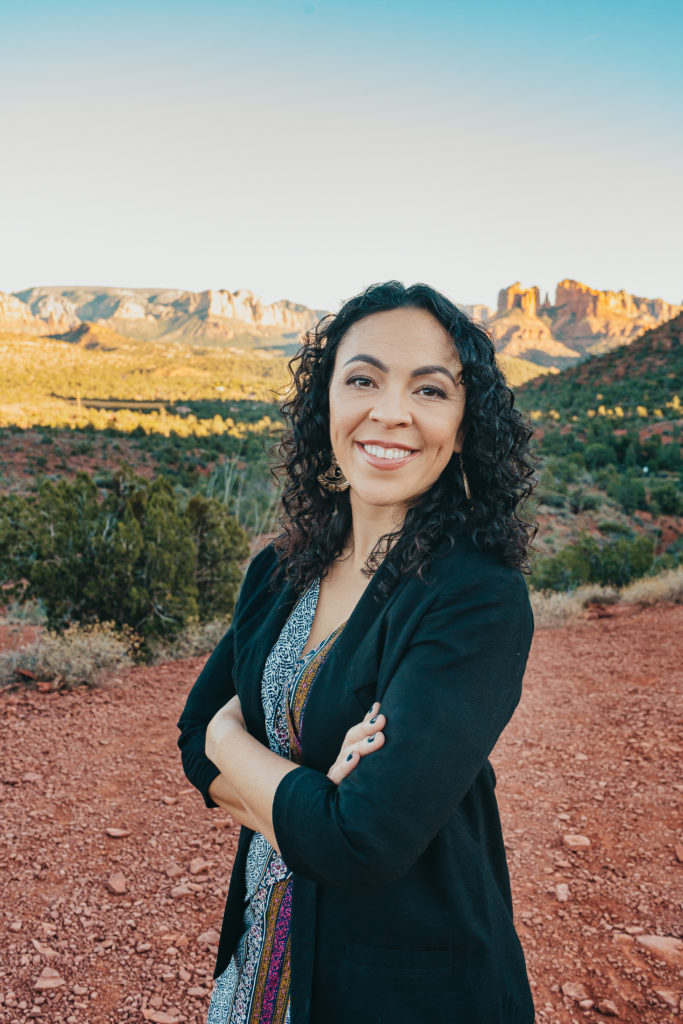
After more than two and a half years of disrupted schooling, what do we know about the state of student learning, according to the best and latest research?
The Center on Reinventing Public Education answered that question last year with an initial report on the pandemic’s academic impact.
A new CRPE report updates those conclusions, based on new data published since last summer. For the most part, children at all grade levels have continued to suffer learning delays, which are closely related to the time they spent out of the classroom. Achievement gaps have widened. But there are some bright spots: In some states, low-income students and children of color actually outperformed their white, advantaged peers.
The updated conclusions about student achievement came from CRPE convening a national panel of policy experts to review the evidence. The panelists included: author Paul Hill, University of Washington; Dan Goldhaber, American Institutes of Research/University of Washington, Andrew Ho, Harvard University; Vladimir Kogan, Ohio State University; Morgan Polikoff, University of Southern California; Carrie Sampson, Arizona State University; and Martin West, Harvard University.
The connection to ASU through Sampson, an education professor at the Mary Lou Fulton Teachers College, underscores the collaborations possible at CRPE’s new institutional home.
The partnership between CRPE and ASU is fueling joint research and innovation aimed at improving American education, ranging from redesigning the way we train teachers and organize their work, to understanding efforts to enhance instruction and to make schooling more equitable.
CRPE is convening experts to determine the best new evidence on two more important topics this year: the status of students’ wellbeing and the status of students with disabilities. The forthcoming reports will serve as updates to the reports published last year.
We asked Sampson to share how she and the other experts made sense of what we know and what we still need to find out about how pandemic-related disruptions affected student learning. Her answers have been lightly edited.
CRPE: Can you explain what was involved with pulling all the research about pandemic-related impacts on student achievement over the past year?
SAMPSON: Paul Hill and his team collected several publications that included recent reports of educational assessments throughout the United States.
During our first meeting, panelists shared additional publications and identified a criterion for evaluating all the publications. Paul compiled these, then divided and assigned us various publications to review and critique. The panel of experts then offered many comments and questions on drafts of the report.
CRPE: Was there any debate on the findings amid all the studies?
SAMPSON: Several of the experts, including myself, pushed back on potentially biased language that readers might assume as political or deficit-oriented. For instance, the panel wanted to be clear that although there were academic disparities in test score performance among Black and Latinx students compared to their White peers, this was not always the case. In some states, low-income and minoritized students outperformed their white peers, while students in special education programs in some places performed exceptionally well.
Additionally, I think my concerns about “learning loss” were noted and the language shifted to “learning delays” in some areas of the report. I was especially adamant that we also consider what skills and knowledge students may have gained during and because of Covid-19.
CRPE: How does this report drive new research or inform efforts at schools around pandemic recovery?
SAMPSON: My hope is that we, as researchers, will not only explore and identify the negative impacts of Covid, but also explore what our country might have gained from this experience. Has this younger generation developed a different perspective about community and what it means to be collectively responsible for each other? Will they ask more critical questions about humanity? Will more youth commit to solving problems that will plague future generations? Are they more tech savvy, innovative, and better at problem solving? Will educators and leaders widen their perspective on what it means to teach and learn, and what is valued as important skills and knowledge for youth to obtain?
CRPE: What’s the most exciting work you’re doing right now at ASU?
SAMPSON: I’m thrilled to be leading a national project exploring the experiences of elected school board members who identify as Black, Indigenous, and People of Color (BIPOC). I’m also examining the role of BIPOC school board members in policies and practices that influence the education of BIPOC youth. I’ve been engaged in research related to local school boards for nearly a decade and this is the first qualitative study (that I am aware of) with this focus.




